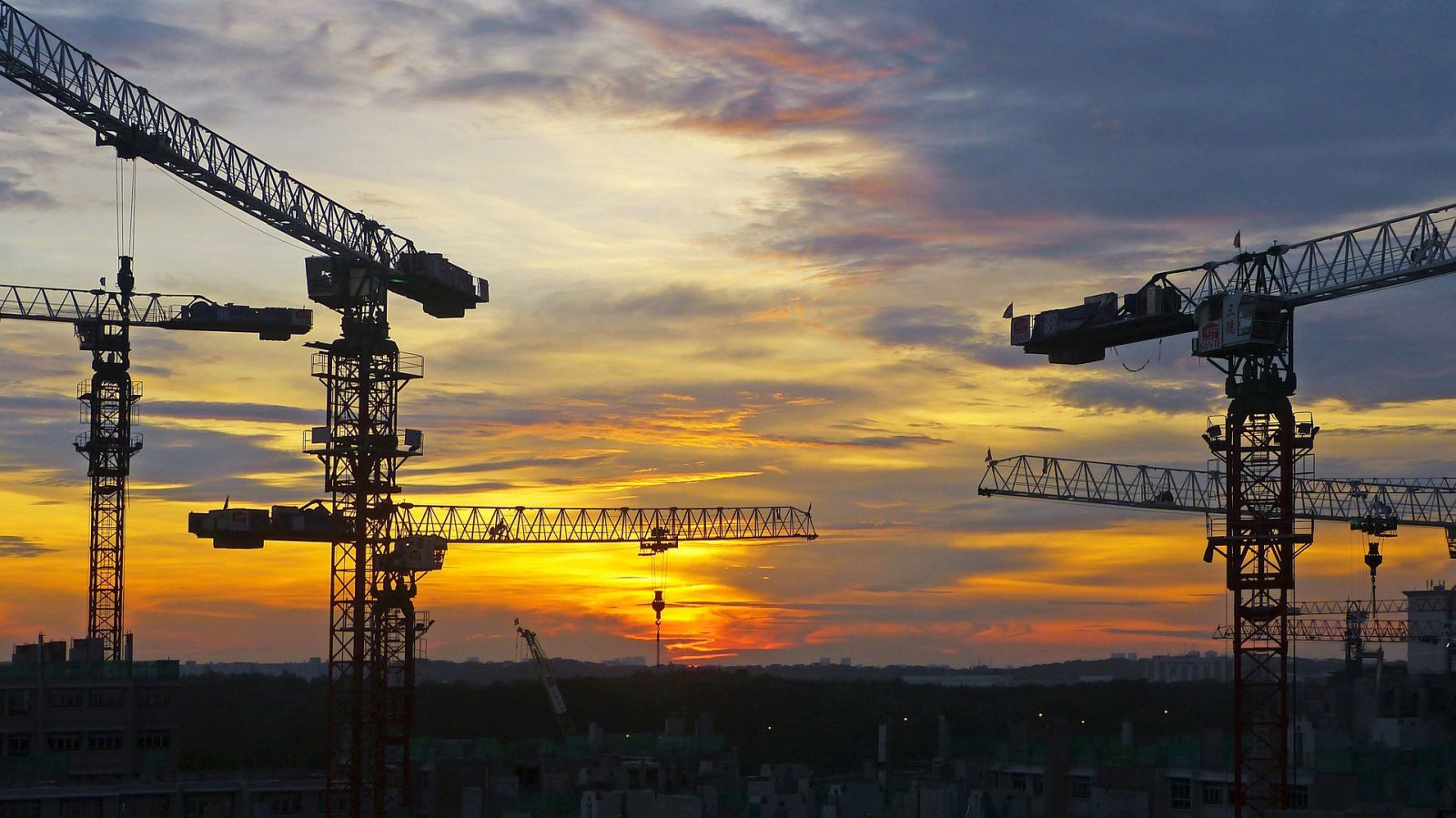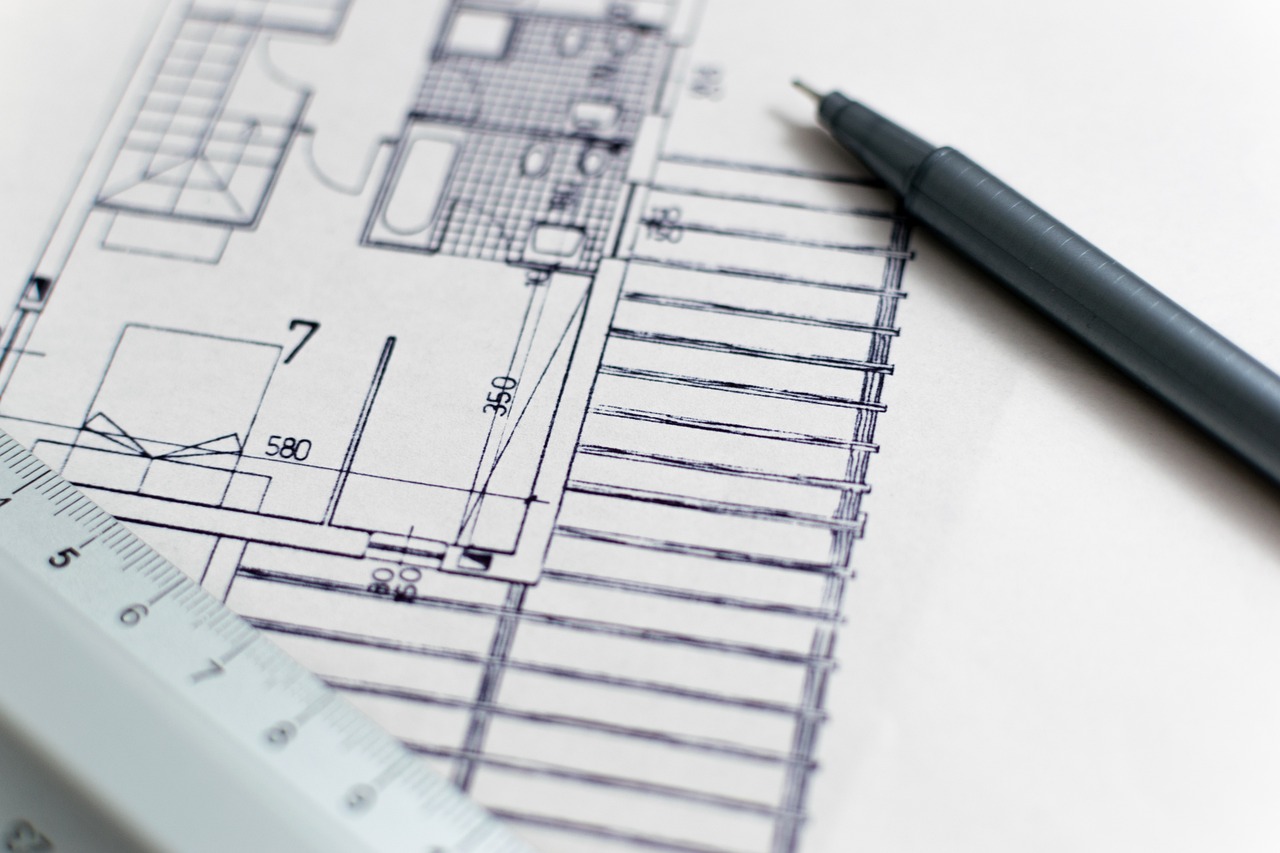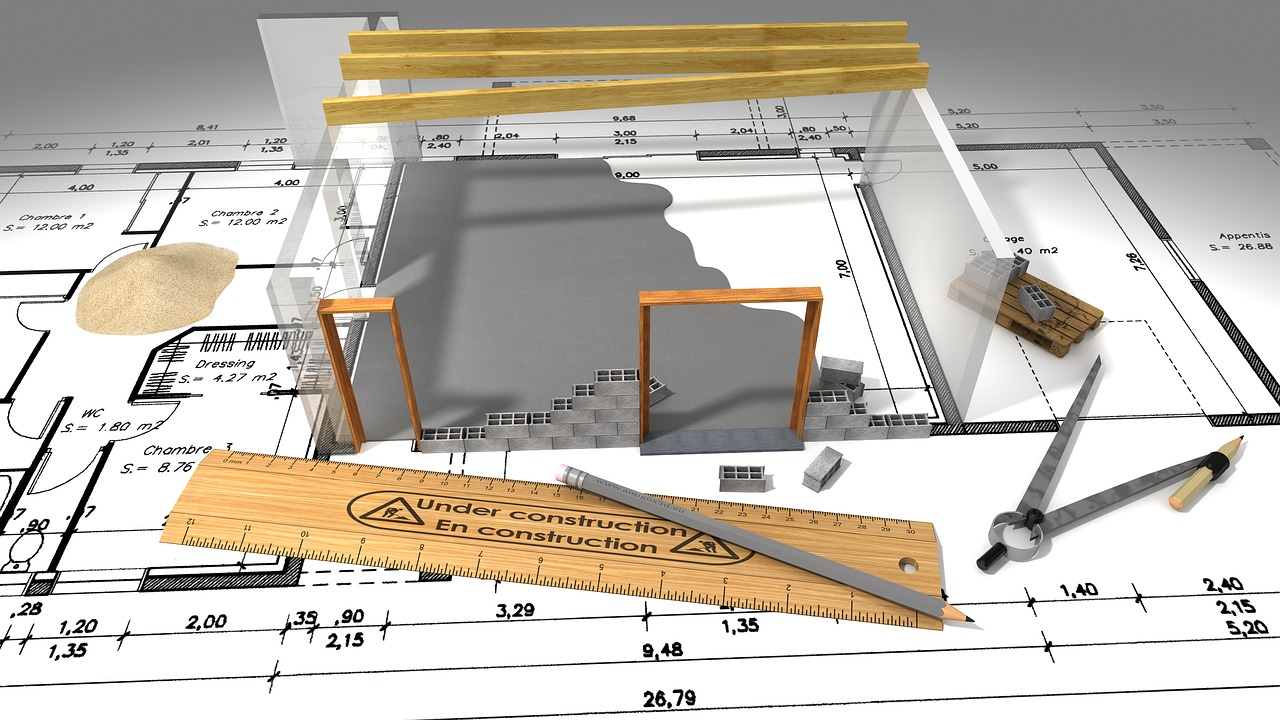
Do you want to know more about the benefits of modular construction?
Modular construction is a building process that has been around for over a century, but it has gained significant popularity in recent years. The process involves building structures in sections, or modules, offsite in a controlled environment, then transporting them to the construction site and assembling them into a finished building.
Imagine you"re a developer tasked with constructing a new apartment complex in a bustling urban area. You have a tight deadline to meet, and the site is in a densely populated area with limited space for construction equipment and materials. You need a building method that is fast, cost-effective, and minimizes disruption to the surrounding community. That"s where modular construction comes in. Using modular construction, you can build the apartment complex offsite in a controlled environment, transport the modules to the construction site, and assemble them quickly and efficiently. This allows you to meet your deadline, reduce costs, and minimize disruption to the surrounding community.

Speed of Construction
Modular construction is known for its speed of construction. The offsite manufacturing of the modules means that the construction process can happen simultaneously with site preparation. This means the overall construction time can be reduced by up to 50%, making it an ideal method for projects with tight deadlines.
Cost Savings
Compared to conventional construction techniques, modular construction is frequently more economical. The danger of weather-related delays, which may result in considerable cost overruns in conventional construction, is reduced by the controlled environment of the factory. Furthermore, the industrial environment enables better inventory management and reduced waste of standardized components. Repeatable designs also provide economies of scale, which can further lower prices.
Quality Control
The factory setting allows for inspections and tests on each module before it is transported to the construction site. This ensures that each module meets the required quality standards and eliminates the need for rework or repairs on-site.
Sustainability
Modular construction is a more sustainable building method than traditional construction. The offsite manufacturing process reduces waste, and the factory setting allows for better recycling and disposal of materials. Additionally, using standardized components and designs means that the buildings can be easily disassembled and the components reused or recycled at the end of their life cycle.
Flexibility
It is possible to employ modular construction for various building kinds and designs thanks to its considerable flexibility. With parts created to fit together effortlessly, the modular architecture provides personalization and versatility. This opens up many architectural possibilities and may be applied to produce distinctive structures that differ from those made using more conventional methods.
Safety
Modular construction is also known for its safety benefits. The factory setting allows for better safety protocols and training for workers, reducing the risk of accidents and injuries. Additionally, the controlled environment of the factory reduces the risk of accidents caused by weather-related factors, such as slips and falls.
Reduced Disruption
It an significantly reduce disruption to the surrounding community. The modules" offsite manufacturing means less heavy machinery and construction traffic on-site, reducing noise and dust pollution. Additionally, the speed of construction means that the overall disruption to the community is reduced, making it an ideal method for projects in densely populated areas.


